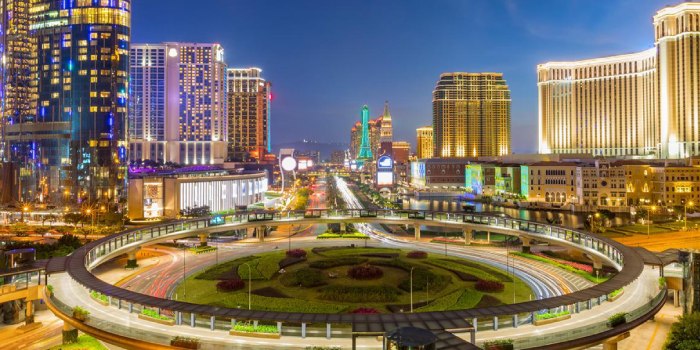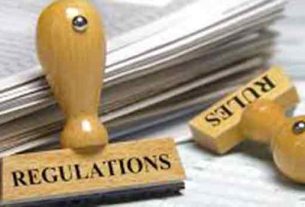On October 29, Macau passed the “Law to Combat Crimes of Illegal Gambling”—a landmark measure to limit illegal operations in its world-famous casinos. The legislation, which was announced in the Official Gazette the day before, introduces extensive changes to combat illegal gambling in the city’s integrated resorts. It addresses issues such as unlicensed online betting and the infamous “multiplier” practice, a tax-dodging scheme that was formerly associated with prominent junket operators.
More extensive enforcement powers and heavier punishments are all now part of Macau’s gambling law. The sentences for major offenses such as unlawful gambling, mutual betting without authorization, and internet gaming have been increased from three years to one to eight years in jail, which is more than double the previous sentence.
In addition, people who participate in illicit gaming run the possibility of a six-month jail term, while those who engage in unlawful cash exchanges, often known as “money exchange gangs,” face terms of up to five years.
Law enforcement clauses were, of course, not left out. The legislation gives the Macau Judiciary Police more authority to crack down on illegal betting and trades inside casinos by authorizing covert operations and overnight searches, which helps to guarantee compliance.
Extending the Reach
The central feature of the law is its ban on the “multiplier” practice—a covert betting technique that artificially inflates on-table bets, with substantial tax evasion implications.
But, in a broader push, Macau has also ruled out any licensing for online gambling, effectively prohibiting the promotion and operation of this sector. Authorities maintain a strict stance against expanding digital betting options, reinforcing Macau’s focus on high-regulated physical casinos.
Despite early industry concerns, the bill was enacted by Macau’s Legislative Assembly on October 16. President Kou Hoi In signed it into effect on October 21. Extensive public hearings and industry engagements were held to draft the regulation, highlighting Macau’s intention to maintain a balance between casino operations and effective supervision.
This all-encompassing rule is about more than just controlling the casino floor. It is also about solidifying Macau’s reputation as a trustworthy and open gambling destination in a changing global market. Could these kinds of measures potentially ripple out to other parts of the globe?



